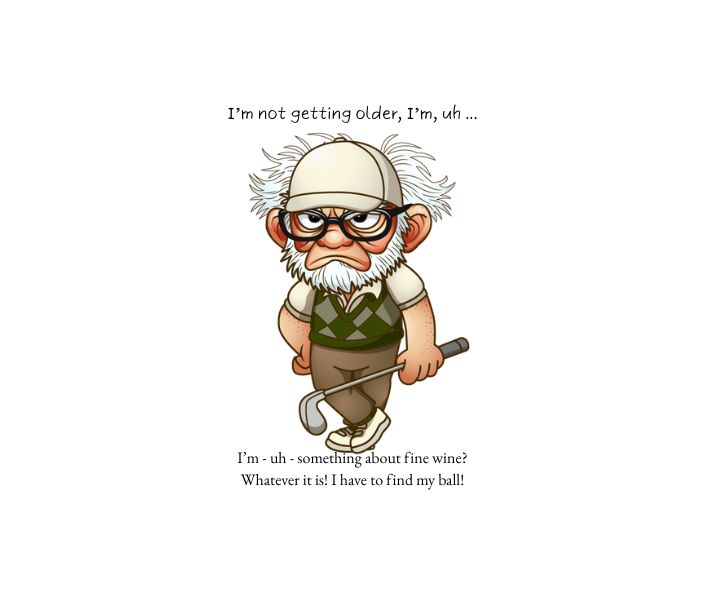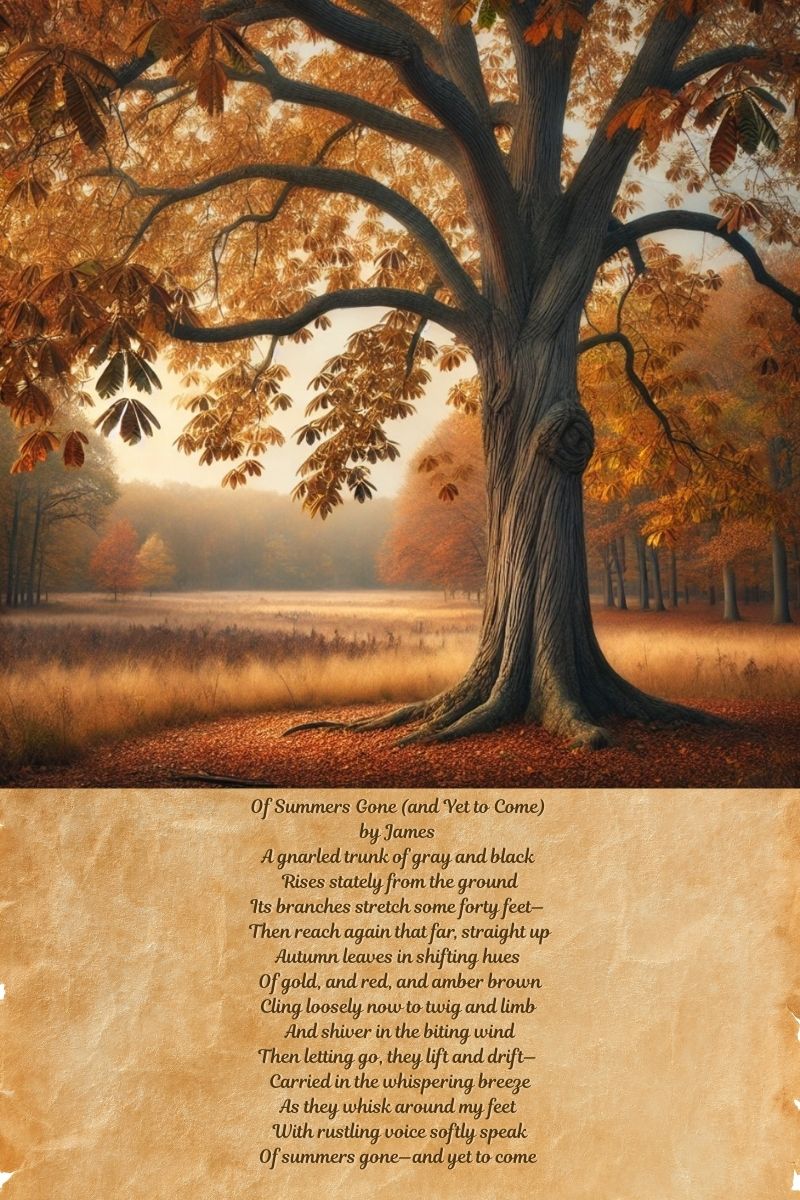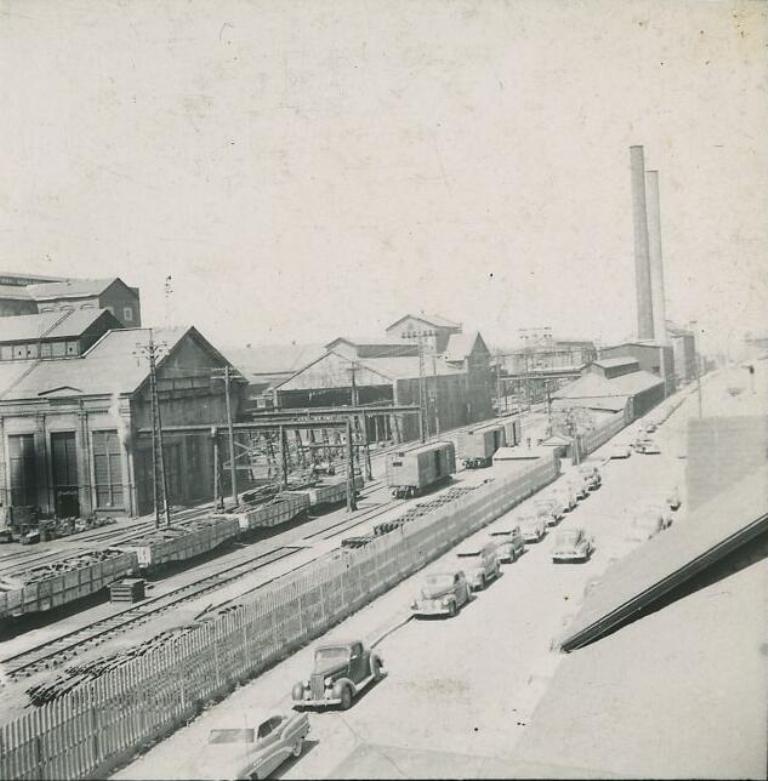Dark Beginnings
Becoming what we are…
Sometimes, it’s difficult to find childhood memories that bring peace — especially when you grow up in an impoverished home with six older siblings in the 1950s, deep in the hills of Pennsylvania.
Like so many men of that time, Dad was an abusive drunk. When he was sober, he was as sweet as honey. But the demon always took him back, and the family bore the brunt of his addictions.
His erratic behavior had all but driven away the older siblings. Those idyllic, post-war “Walton’s Mountain” moments never touched our lives. In fact, I barely recall my siblings being in that house at all.
Even now, as an old man myself, I vividly see his face the night he burst through the front door of our Altoona hovel. Bracing himself against the wall with one hand, glaring blankly at Mom and me, he stood there, silently looking back and forth between us, as if trying to decide who we were.
He said nothing. His eyes were wide, filled with something alien — guilt and alcohol-induced amnesia, most likely.
Mom sat me in the highchair next to the open window. Following Mom’s eyes, I turned to face him. There was a warm evening breeze wafting over me and the smell of the adjacent rail yard carried through on the summer air.
Then came the words — quietly speaking at first, then escalating to shouting. Frightening! I began to cry as Mom moved away, standing between the table and the oven with fear on her face.
Stepping forward, he grabbed a fistful of my hair and shook my head violently. I don’t remember what they said — just that I was crying so hard I couldn’t breathe.
At some point, he drew his pocket knife. Holding my hair in his fist, he shoved my head to the side and jabbed the blade’s tip lightly into my neck.
Mom screamed and rushed toward me. Shoving him out of the way, she scooped me into her arms and carried me to the living room where we sat in the dark, trembling and crying until I fell asleep.
—
Years later, I asked Mom if she remembered the incident. She did. The next morning, when he came into the kitchen and reached to lift me from the highchair, I drew away, crying.
From that day on, when he tried to pick me up, I cringed and moved away. I have no recollection of him ever holding me again. And when he died in 1958, just after I turned six years old, I did not shed a single tear for him. In fact, by the time I heard he was gone, he had already been absent for six or eight weeks.
Taken to the VA hospital in Pittsburgh, he died of a brain aneurysm in the throws of DT’s. I don’t recall being concerned about him while he was away so I assume that I didn’t miss him.
He was dead. During the first day of viewing at the funeral home, my nephew and I stood on the prayer rail of the coffin, poking his body with an outstretched finger. We laughed at the makeup and lipstick they had put on him. He looked like a mannequin.
A few minutes later we left, walked home, took a couple of dimes from Pop’s bedside table, and then went to Chick’s store at the end of the block for ice cream.
That brief moment at Steven’s Mortuary was the last time I ever saw my father, and I never regretted his absence.
By then, as far as I can recall, my older siblings — except one sister — had left home. From that point on, it was just Mom and me. My sister was usually out with friends, at school, or hanging out somewhere doing what teenage girls did back then.
Cell phones, the internet, and social media didn’t exist, and we had only two channels on a small, round-screen television. In essence, I had become an only child, left with nothing but my imagination, which, by that time, usually involved sex, which is another story.
In 1961, at age nine, we left the city and moved into the Allegheny hills where my mother was born and raised. “The House in the Country,” as it were. It was there that I became the reclusive person I am today.
For two years, while attending the fourth and fifth grades, I was a loner — a woodsman, a friend of nature, the Earth, and in touch with the essence of God. Not religion. We never spoke of religion in our house. Nature taught me. I felt God around me, and I have ever since.
Set free by my mother, I roamed the hills and woods, spent nights out there on my own — summer, winter, spring, and autumn. I built tree cabins and lean-tos, slept beneath the pines in winter. I camped, observed, and loved being there.
Consequently, I have spent most of my seventy-three years friendless, and to this day put very little trust in relationships.
Oh, I am most always friendly toward people, tolerating them for short periods. But for the most part, I don’t trust men, and women don’t trust me. When I try to befriend someone, especially females, they always assume I have other intentions, but I prefer the association of females over men.
Men most often have a very limited focus on life. Their thoughts are entangled with their capitalistic or nationalistic pursuits, sports, cars, sex or all of the above. What they know of life and God was shaped by their parents or other family members as well as the RED-WHITE-AND BLUE, and there is no discussing it. They live on preconceived notions of “the way it is,” with which they simply go along without questioning.
So, no, Dad didn’t name me Sue. But he did help shape me into an iconoclast with a sexual obsession. I’ve become a psychological bully who will avidly defend his self-proclaimed views on life and existence. Someone whose social anxiety cannot withstand the company of those who indulge in the “habits and traditions of this world.”
I lean hard toward the next life, and longingly wait to be there.
Share This Story:
Leave A Comment
You must be logged in to post a comment.











